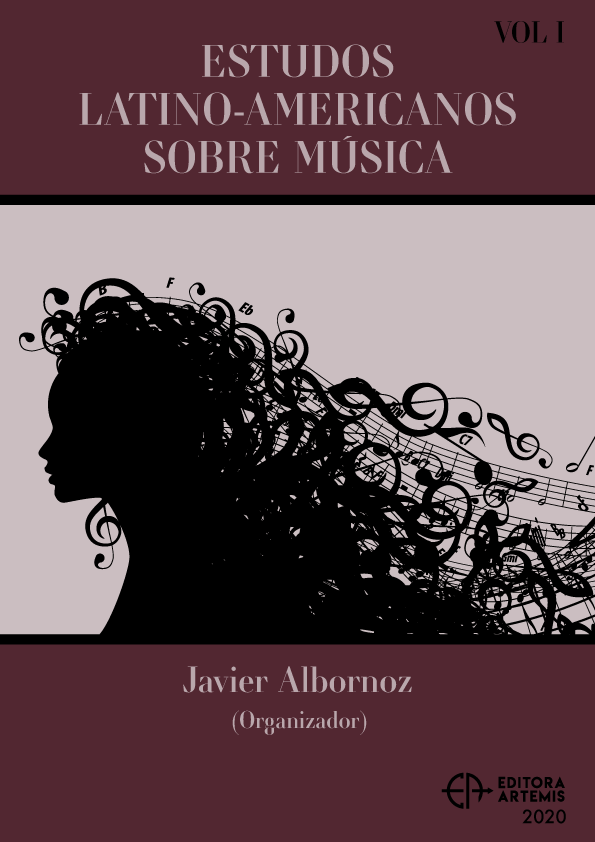
À FLOR DA PELE: PULSAÇÕES DO DESEJO FEMININO NA MÚSICA POPULAR BRASILEIRA DOS ANOS 1970
Este texto incursiona pelos caminhos da história da música popular brasileira na década de 1970, que assinalou a emergência, numa proporção jamais vista, de compositores(as), cantores(as) e canções que tematizaram a problemática das mulheres, da sexualidade e da erotização das relações de gênero. Destacaram-se, então, outros enfoques, para além dos habituais, sobre questões que envolvem as relações afetivo-sexuais, a ponto de abarcarem também, num segundo plano, temas referentes ao universo gay e à androginia. Compreender o significado desse momento histórico, quando – em meio à ditadura militar e a um suposto “vazio cultural” – outras formas de ação e/ou de contestação política adquiriram força e expressão social, é um dos propósitos fundamentais do texto. Ele pretende evidenciar o alargamento da noção de política, em circunstâncias sob as quais ganhou espaço a concepção feminista de que “o pessoal é político” e de que as políticas do corpo eram igualmente uma maneira legítima de afirmação da presença no mundo de sujeitos sociais nem sempre valorizados politicamente. Para tanto, a produção no campo da música popular – desde as canções, suas interpretações, até as capas dos discos – fornece elementos que desaguarão na reflexão sobre os enlaces estabelecidos entre as áreas da cultura e da política.
À FLOR DA PELE: PULSAÇÕES DO DESEJO FEMININO NA MÚSICA POPULAR BRASILEIRA DOS ANOS 1970
-
DOI: 10.37572/EdArt_1491009203
-
Palavras-chave: erotização das relações de gênero; mulheres e políticas do corpo; Brasil: anos 1970; música popular brasileira; ditadura militar.
-
Keywords: gender relations eroticization; women and body policies; 70’s Brazil; Brazilian popular music; military dictatorship
-
Abstract:
This text follows the paths of Brazilian popular music history in the 1970s, which witnessed the emergence, in an unprecedented proportion, of composers (male and female), singers (male and female) and songs talking about women, sexuality and gender relations eroticization issues. Thus, different approaches, other than the usual ones, are developed about issues involving affective-sexual relations, to the extent that these included, in the background, topics concerning the gay universe and androgyny. One of my main goals here is to understand the meaning of this historical moment when – under a military dictatorship and a supposed ‘cultural void’– other forms of action and/or political protest gained strength and social expression. I intend to point out the widening of the notion of politics in circumstances in which the feminist notion ‘the personal is political’ gained space and when body policies were an equally legitimate way to assert the presence in this world of social subjects that were not always politically valued. To this end, production in the field of popular music – from songs and their interpretations to album covers – are elements that will lead to a reflection on the links between culture and politics.
-
Número de páginas: 20
- Adalberto Paranhos

